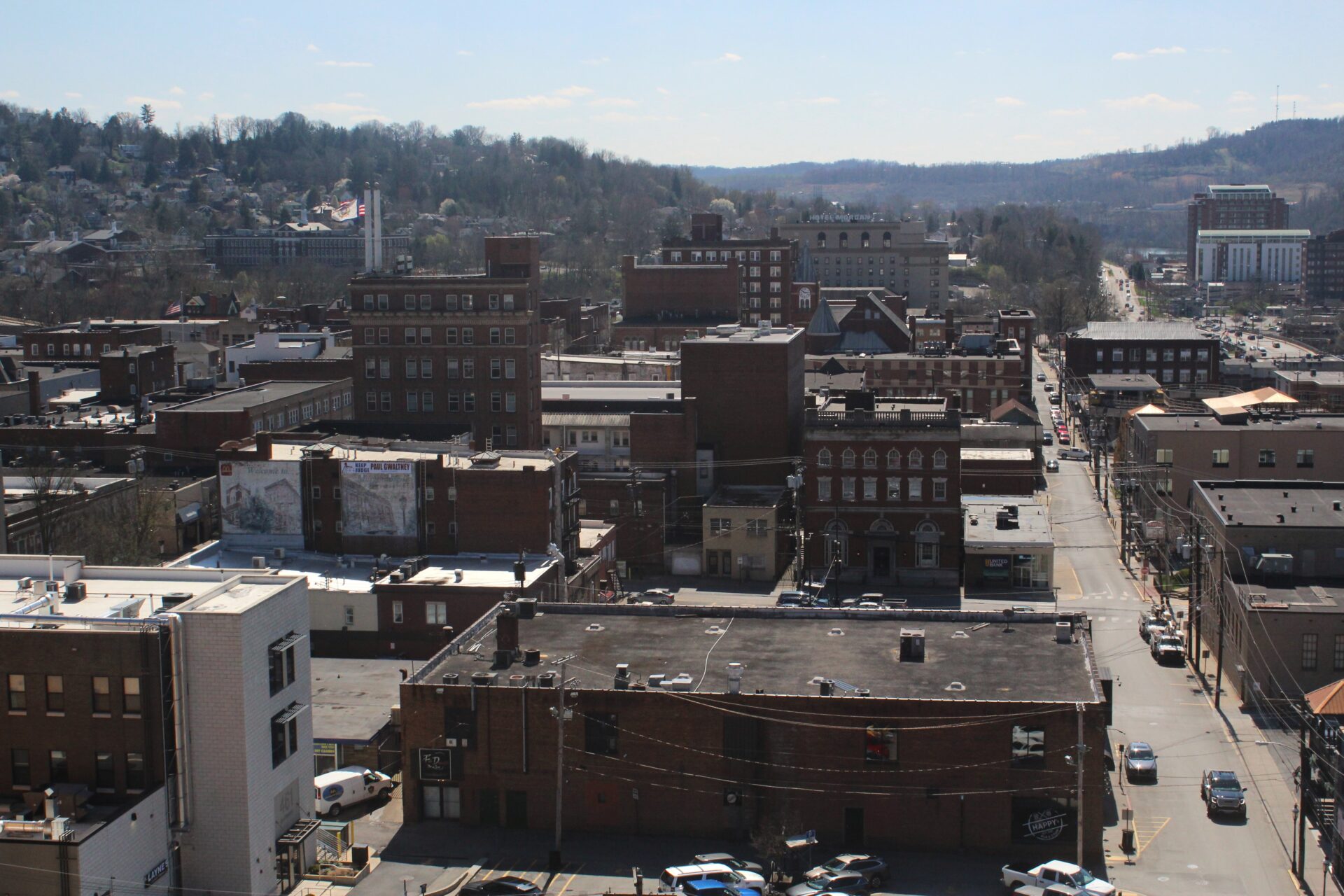With the addition of the New River Gorge region, the Ascend West Virginia program now has five destinations that are welcoming new remote working residents to the Mountain State.
With the addition of the New River Gorge region, the Ascend West Virginia program now has five destinations that are welcoming new remote working residents to the Mountain State. By offering incentives of cash and free outdoor adventures, the program hopes to offset the state’s population decline.
Ascend West Virginia began with a $25 million gift to West Virginia University’s (WVU) Brad and Alys Smith Outdoor Economic Development Collaborative. Teaming up with the state Department of Tourism, Ascend selects applicants (more than 20,000 since its launch), who are willing to move to the state. The people selected get $12,000 in cash and another $8,000 in outdoor activity vouchers.
Tourism Secretary Chelsea Ruby called Ascend a progressive success.
“We have nearly 300 new West Virginia residents that have come over the last two years,” Ruby said. “They are spread across the state in various host communities. And the retention rate is at about 98 percent, so things are going well.”
Ruby said adding the New River Gorge region to the Ascend community roster offers options.
“They can live anywhere in the New River Gorge region.” she said. “It’s not just Fayetteville, it’s not just Oak Hill. They can basically live anywhere in the area from Summersville down to Beckley and all around. We’re looking for them to put down roots in those communities.”
Ascend executive team member Danny Twilley, a WVU assistant vice president of Economic Community and Asset Development, said the other four Ascend community regions continue to take applicants.
“So if you want a college town, you’ve got Morgantown,” Twilley said. “If you want the kind of access to the major metropolitan area in D.C. and in the growth of the Eastern Panhandle, you’ve got that area. If you want that cool art and food culture with some really unique outdoor assets, you’ve got Greenbrier Valley and Lewisburg. And then Elkins is a western gateway to the Monongahela National Forest.”
“Ascenders,” as they are called, hail from 34 states and two countries. Ruby said they are a diverse lot.
”We’ve got some that are singles, we’ve got some couples, we’ve got some families,” Ruby said. “I think we even have a couple of new babies that have been born into Ascend families since they’ve moved here.”
Ruby said the Ascend remote workers come from a variety of businesses and industries, highlighted by health care, advertising and educational services.
“Just skimming the list, you know, we’ve got folks from Deloitte Consulting, KPMG, Ocean Spray, UnitedHealthcare, Vivid Seats, Walgreens,” she said. “They really are a very broad spectrum. They come from nearly every industry.”
Twilley said a majority of Ascenders have advanced education.
“Whether it’s a four year degree, a master’s or beyond, 25 percent of them have a very direct connection to the state and 75 percent don’t have a family member or have lived here before,” Twilley said. “It’s a relatively broad swath. We’ve had applications from over 80 different countries and all 50 states.”
The goal is to have 1,000 Ascend families come to West Virginia in the next six years. Twilley said one new group target will be military veterans.
“West Virginia produces more military veterans per capita than any other state in the country and we have the least amount to return home, right?” Twilley said. “They learn tremendous skills, they have lived a life of service, they have built a sense of community and what it means to be a military veteran. We had the highest population in 1950. Over the next 71 years, we lost over 200,000 people – about 12 percent. I think we can replenish it back to that era of a population. That’s really a long-term goal that we’re focused on.”
Ruby said what Ascend is selling is the kind of outdoor lifestyle a remote worker can have in West Virginia.
“I firmly believe it is the nation’s premier remote worker program,” she said. “I’m really excited about the results that we’ve seen over the first two years and am really excited about the future.”
